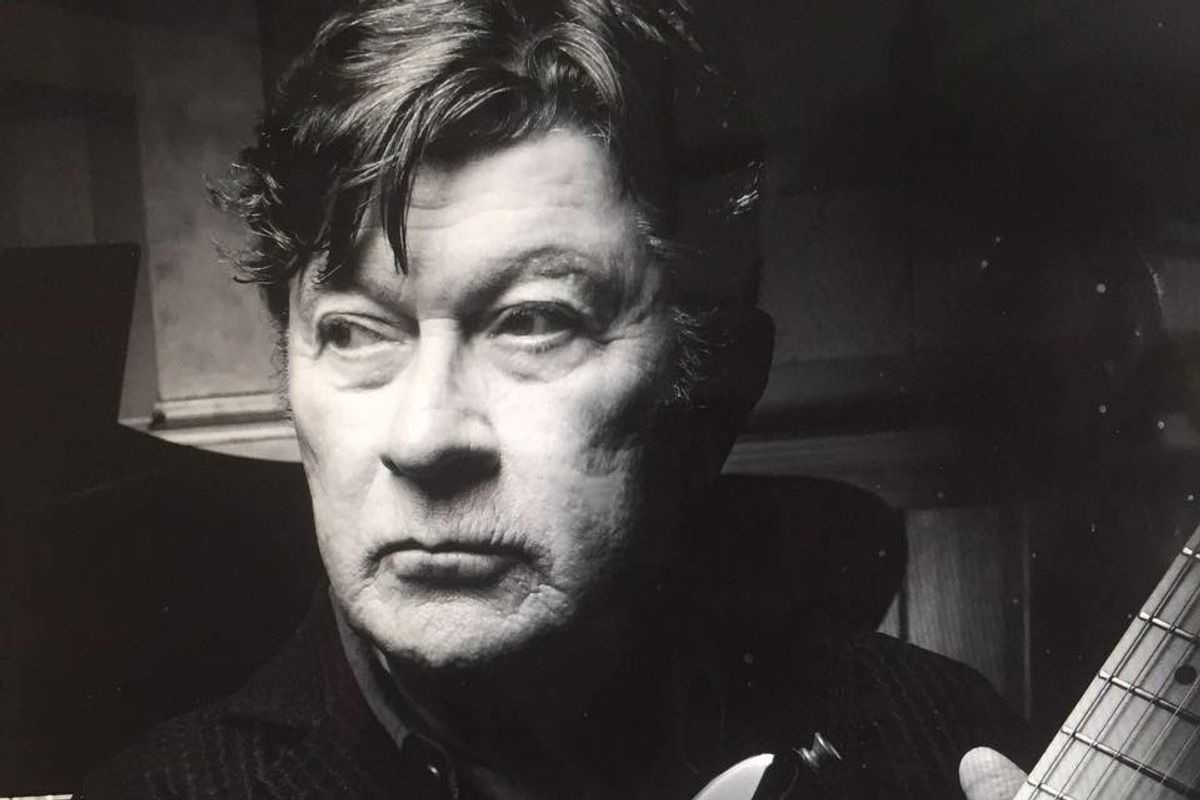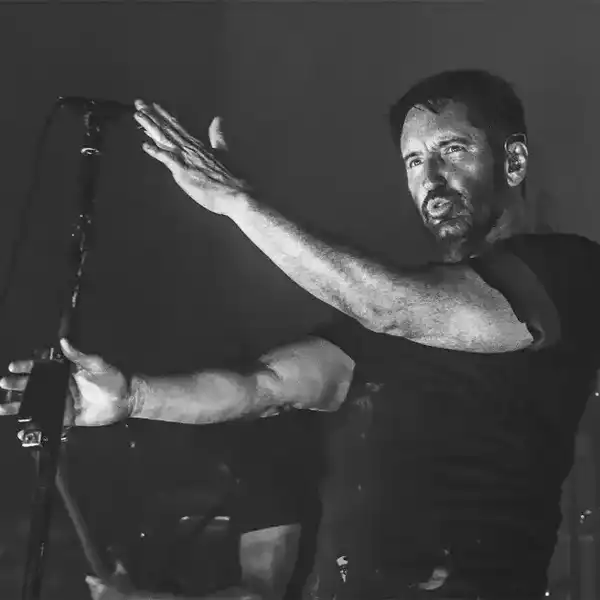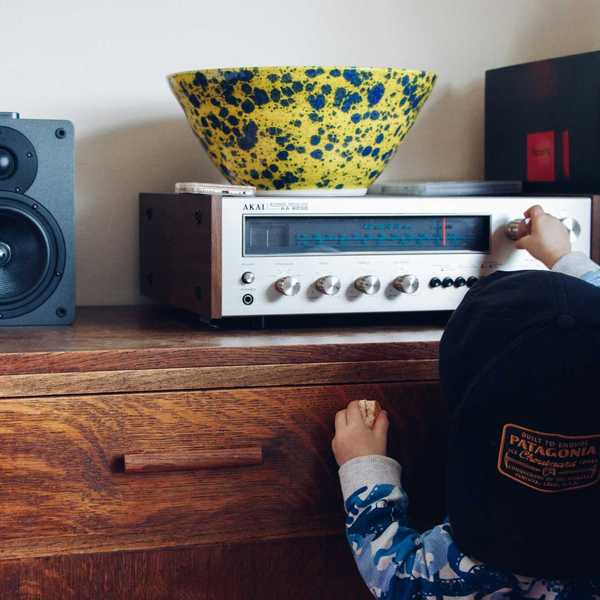‘You Couldn’t Have Written This’: Variety Publishes A Final Interview With Robbie Robertson
The late Canadian icon and guitarist for The Band discusses his collaborations with Martin Scorsese and his score for Killers of the Flower Moon.

Robertson
Just a few months ago, legendary Canadian musician Robbie Robertson was gearing up to promote his latest work, an original score for Martin Scorsese’s Killers of the Flower Moon. These promotions were cut short when Robertson passed away on August 9 at age 80, after a long illness.
Now, as Killers of the Flower Moon enters theatres, Variety has published a moving final interview with Robertson. Conducted in July, the interview was intended as the first part of an ongoing conversation between Robertson and writer Chris Willman. In the insightful interview, Robertson discusses Flower Moon, his decades-long collaboration with Scorsese, his Six Nations heritage, and more.
Though Robertson is perhaps most famous for his work with iconic Americana group The Band, he had a prolific career working on music for film, particularly in collaboration with Scorsese. They first worked together on the 1978 concert film about The Band, The Last Waltz, and Robertson went on to compose for and assist on projects such as 1980’s Raging Bull, 1983’s King of Comedy, and 2019’s The Irishman.
“I mean, we’re in awe ourselves that our brotherhood has outlasted everything,” Robertson tells Willman about his relationship with Scorsese. “We’ve been through it. We’ve been there and back. Our story is a trip. … I am so proud of our friendship and our work. It’s been just a gift in life.”
“And now Marty and I are both 80 years old, and we’re getting to do a Western,” Robertson continues, speaking about Killers of the Flower Moon. “We’re getting to do a movie about Indians, in our own way.”
Flower Moon tells the story of a series of murders in the Osage Nation, where white ranchers targeted Native Americans who were coming into oil money. Robertson, whose mother was Cayuga and Mohawk, describes working on this story as particularly meaningful for him.
“Whenever you’re going into a project, you want to shoot high, and you want to do some really good work,” Robertson tells Willman. “But on something like this, where its soul is from Indian country, for me it comes down to: You couldn’t have written this. You couldn’t have made something like this up. This is so magical.”
Robertson goes on to recall sitting with his relatives at Six Nations as a kid, as they sang and played music together. “And that feeling of the music beside you like that, humming and droning and the groove of the feel of it — all of that getting under your skin — it goes to that place, and it lives there forever,” Robertson says.
He also discusses his particular inspirations for the Flower Moon score, which is now available to stream, as well as potential projects he had in mind. Robertson leaves a wealth of archival material behind, and hopefully this interview is just the beginning of more stories to come.
















